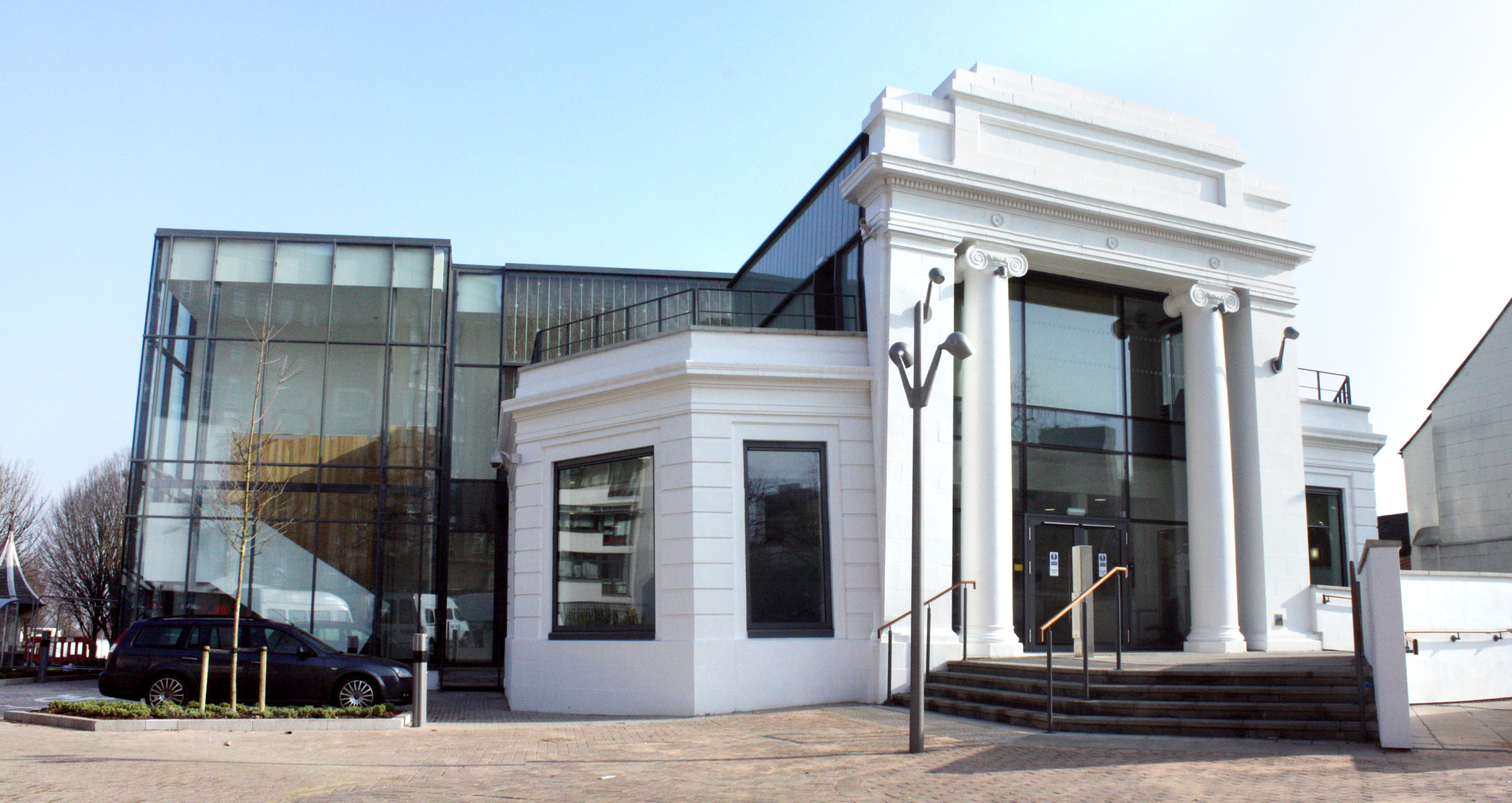Bioenergy brings jobs and wealth to the West Midlands

6th May 2015
A report published today by the European Bioenergy Research Institute (EBRI) at Aston University demonstrates that the organisation has already had a £6 million impact on the West Midlands economy with more than 50 jobs created in the bioenergy sector in the last 3 years.
EBRI is a world leading centre for bioenergy research and technology development and in 2011 was awarded more than £8 million of match funding from the European Regional Development Fund (ERDF) in order to support the development of a regional bioenergy supply chain and promote the adoption of innovative new bioenergy technologies across the region.
Over the last 3 years, EBRI has worked with more than 100 West Midlands companies from many sectors including manufacturing, engineering and consultancy and this has had a direct impact on the development of existing and new businesses in the bioenergy sector. The report, carried out by independent consultants, demonstrates that through its business support, EBRI has already increased GVA (Gross Value Added) in the bioenergy sector by more than £6 million across the West Midlands. More than 50 jobs have been created in the region alongside three new companies – and those businesses who have worked with EBRI have collectively increased their expenditure on Research and Development by more than £400,000.
Tom Anderson, EBRI’s Business Development Manager said, “I am very pleased that this report clearly outlines the impact that EBRI has had on the companies we have worked with. The focus of our ERDF funded project is to assist companies in adopting new bioenergy technology and to support the development of a West Midlands bioenergy supply chain. As this report shows, more than a quarter of the businesses we have worked with have invested in bioenergy technology as a direct result of their involvement with EBRI, with several seeing increased turnover and the creation of new jobs. The West Midlands supply chain has also seen benefits, with nearly a third of companies placing more orders or procuring services from new suppliers.
“Each Local Enterprise Board (LEP) within the West Midlands has a commitment to a low carbon economy and to the development of environmental/green technologies and the supply chains that support them. The Greater Birmingham and Solihull LEP area alone imports almost all of its energy at a cost of £3.38 billion per year. The Black Country LEP area generates more than 500,000 tonnes of domestic waste and more than 3.2 million tonnes of commercial and industrial waste. The potential economic value of processing these waste streams locally in a more environmentally friendly way is approximately £1 billion a year – and EBRI is already demonstrating significant impact in this area with many of the companies we work with using waste for energy which would otherwise have gone to landfill.”
As a result of working with EBRI, BPI (British Polythene Industries), a manufacturing, waste management and environmental services company has now invested £4.5 million in new recycling plant. BPI asked ERBI to determine the level of contaminants in farm plastics to ensure that it was a safe material to recycle. Prior to this project the only legal method of disposing of farm plastics was via landfill.
A spokesperson from BPI said, “We were very pleased with the report that EBRI produced – it was accessible and readily comprehensible. EBRI provided exactly the service that they said they would, and the outcome exceeded BPI’s expectations and allowed them to drive the project forward. The results of the report of had a huge impact, in that BPI has now invested £4.5 million in a new plant to wash waste from farm plastics and recycle it back to pellets which can then be turned into plaswood (a plastic equivalent to wood), which is used in the construction of fences and decking. If the results of the report had been otherwise, the entire project would have ended.”
Tom Anderson continues, “Nearly half of the companies who have worked with EBRI said that their competiveness had improved as a result and all said that the support EBRI offered had a positive impact on their company. The bioenergy sector is set to generate over £12 billion in new business opportunities over the next decade and we are working with businesses to ensure they are equipped with the right knowledge and skills to take advantage of these bioenergy opportunities by opening up growth areas for their organisation.”
EBRI has organised a workshop to take place on Thursday 21st May where researchers and experts will share their insights on the structure, threats and opportunities in the UK’s growing bioenergy sector with businesses in the West Midlands. Sign up at: www.bioenergy-midlands.org/events/bioenergy-supply-chains/.
Notes to editors:
The European Bioenergy Research Institute (EBRI) at Aston University delivers world-class research into all aspects of bioenergy. EBRI has been established since 2007 and bioenergy research has been taking place at the University from as early as 1978. EBRI was awarded £8.2 million from the European Regional Development Fund to build a new world-class facility for West Midlands businesses working in bioenergy technologies and component supply chain manufacturers to try out, test and get ready for market new products and processes within this field.
For further information please contact Kirsty Mack at [email protected] or on 07967 375164.


